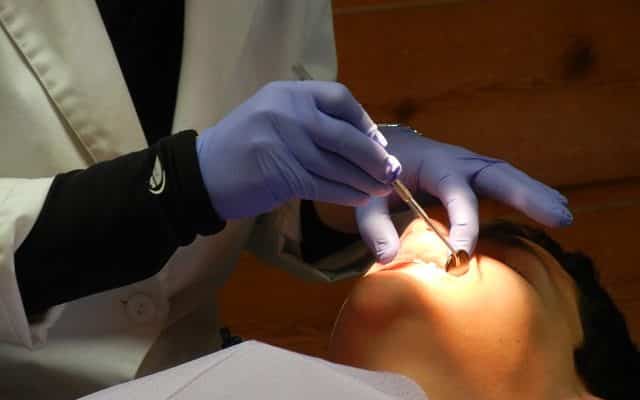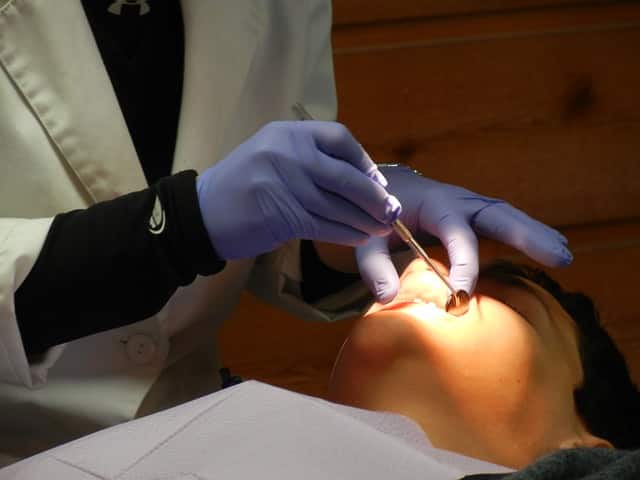Medical Billing and Coding: An Overview
You’re at the doctor’s office for a routine checkup. After the visit, you receive an itemized bill with a bunch of weird codes and numbers. What do they mean? Medical billing and coding is a mysterious world filled with acronyms and numbers. But understanding the basics can help you make sense of the bills and charges. In this article, we’ll explore the fundamentals of medical billing and coding in simple terms. You’ll learn what CPT, ICD-10, and E/M codes are, how they work together, and why proper coding is so important. We’ll also review how medical bills are processed and break down some common charges. Whether you’re a patient trying to decipher your medical bills or are just curious about this behind-the-scenes part of healthcare, you’ll gain insight into this complex system. Let’s dive in and start demystifying medical billing and coding!

Understanding Common Medical Codes
To understand medical billing and coding, you first need to know about the codes themselves. The healthcare industry uses a standardized system to classify diseases, injuries, procedures, and services. Diagnosis codes, known as ICD codes, are used to identify a patient’s diagnosis. Currently, ICD-10 codes are used, which include about 68,000 codes. Procedure codes, called CPT codes, are used to identify services provided, like an x-ray, surgery, or office visit. There are over 7,000 CPT codes.
Knowing these codes is key to working in medical billing and coding. As a medical biller, you’ll use the codes to prepare and submit claims to insurance companies to get paid for services. You need to make sure you use the correct codes for procedures and diagnoses. As a medical coder, you’ll review patient charts and assign the proper codes to bill for services. You have to understand anatomy, medical terminology, and the coding systems inside and out.
While the numbers and letters in the codes may seem confusing at first, with regular use they’ll become second nature. The most important thing is to keep current with updates to the code sets and coding rules. Coding correctly is crucial for getting claims paid and keeping a practice running smoothly. If this fast-paced, detail-oriented field interests you, medical billing and coding can be a rewarding career. With the right training and certification, you’ll be deciphering those codes in no time!
How to Start a Career in Medical Billing and Coding
To make sense of a medical bill, you need to understand the codes. The most common are CPT codes, which stand for Current Procedural Terminology. These identify specific medical procedures performed by doctors and other healthcare professionals.
CPT codes have five digits and a short description, like 99213 – Office/outpatient visit, established patient. The numbers indicate the complexity of the visit. As the numbers get higher, the visit typically involves more time with the doctor and a more complicated medical issue.
ICD codes represent diagnoses. ICD stands for International Classification of Diseases. These codes have three to seven digits, like 250.00 – Diabetes mellitus without complication, or J44.9 – Chronic obstructive pulmonary disease, unspecified. ICD codes provide details about the patient’s medical conditions and health issues.
HCPCS codes cover healthcare products, supplies, and services.They have two parts: Level I HCPCS codes that are CPT codes, and Level II HCPCS codes, like A7030 – Infusion set for external insulin pump, non needle cannula type. Level II codes represent things like ambulance services, durable medical equipment, and injectable drugs.
Between CPT codes, ICD codes and HCPCS codes, medical bills contain a lot of numbers. But understanding these common medical codes helps make sense of the charges and ensure you’re billed properly for the care you received. If you ever have questions about the codes on your medical bills, don’t hesitate to ask your doctor or healthcare provider for an explanation.














